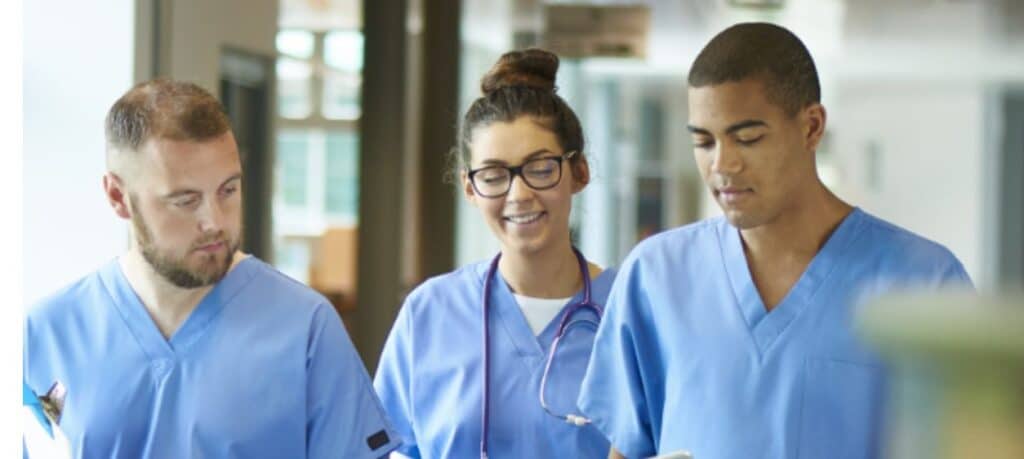
FUTURO HEALTH
PROGRAM & COURSE CATALOG
Your journey begins here. Explore programs and courses to train for opportunities in the future of care.

If you are an organization interested in securing training for your employees or providing scholarships for your community, learn more here.